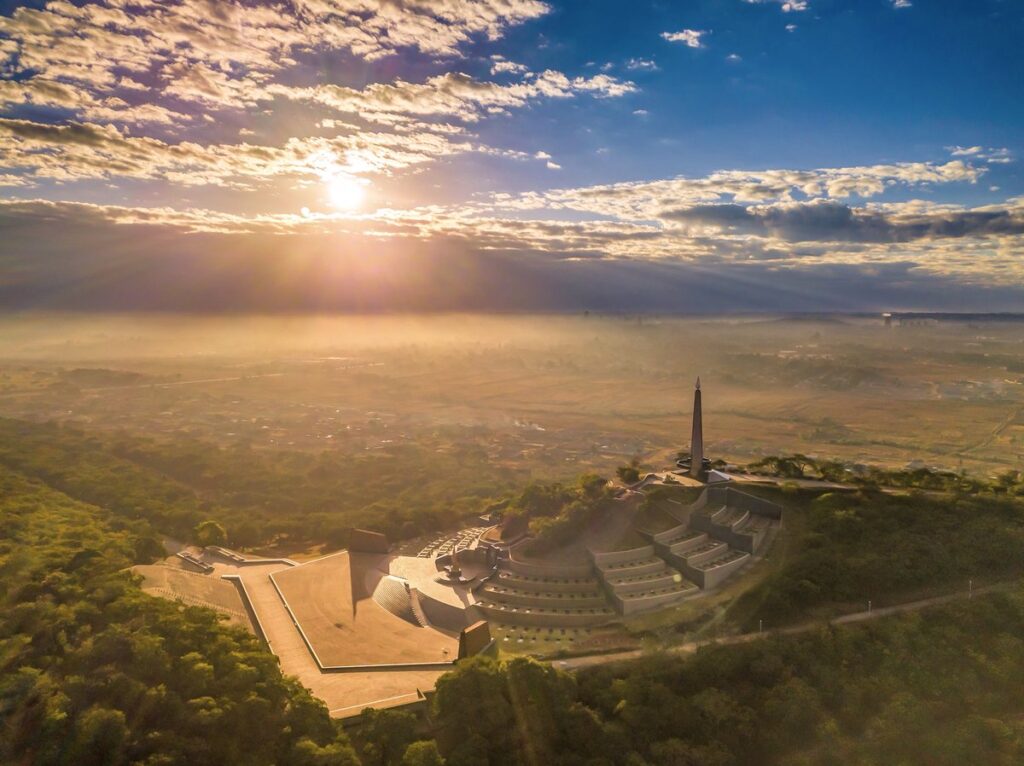Big City, Big Dream. Silicon Harare is Possible

With the establishment of innovative hubs in the major cities, Africa is going through a phase of increased investment in its digital industries. This might be the key for a region wanting to support the expansion and funding of startups and innovators. To actually accomplish this, Africa must be prepared to make sacrifices and develop long-lasting policies that encourage the development of inventive regions comparable to California’s Silicon Valley.
Currently, Silicon Valley is seen as a thriving ecosystem where anyone with an idea may participate since there, anyone could conceivably join a company team while sitting in a coffee shop, raise some money, and start their venture almost at the snap of a finger. There are several accelerators that make it very simple for startups and growth-stage businesses to accomplish a lot of good for humanity, including Y Combinator (with 4,294 investments completed) and Sequoia Capital (with 1,638 investments). The Silicon Valley success story offers a wealth of lessons. However, what stands out is that Silicon Valley is possible, even in the north-eastern Zimbabwean city of Harare.
The startup ecosystem in Zimbabwe is fairly new and lacks a unified identity like those in Silicon Valley, Nigeria, or East Africa. Due to the lack of documentation, many startups that are doing fantastic things go overlooked and frequently fail to succeed. No significant startups can be linked to Zimbabwe, something which is very easy to do when you look towards close neighbors, South Africa. But Harare is a big city, it should have big dreams.
Meet Harare
The Startup Ecosystem of Harare is ranked at number 1127 globally, and shows a negative momentum decreasing -193 spots since 2021. Harare also ranks at number 1 in Zimbabwe, and 7 in Southern Africa. Harare is an ideal place to locate for Fintech, Energy and Environment startups. As the most popular industries in Harare, there is a sample of several Fintech and Energy startups in Harare.

Harare houses a majority of Zimbabwean startups including Esaja, Somesha, Farmhut, VirtualBank Africa and several others. The city clearly needs an influx of accelerators and more co-working spaces. The impact Hub Harare is one of the city’s foremost co-working spaces. Since it was launched in 2015, the Impact Hub Harare has been providing social entrepreneurs with co-working space and mentorship.
Becoming Silicon Harare
Silicon Valley has a robust startup ecosystem that fosters an environment conducive to the success of its startups. A complete startup ecosystem is made up of a number of components that work as one cohesive system. All elements of the ecosystem—from founder networks to funders and talent—play crucial roles.
For Zimbabwe, the country has a fast-growing startup ecosystem, and innovators and entrepreneurs will be lucky to have so many resources available to help them in their journey. However, many investors don’t know about all of the growth potentials that these resources can give startups. And no, I don’t blame them. Zimbabwean startups are yet to put up a show capable of drawing the attention of VCs— both local and foreign. Lack of VC funding has stunted the growth of Zimbabwean startups and has made the creation of Silicon Harare look almost impossible.
Nonetheless, building robust ecosystems in Zimbabwe can give startups a better chance of making it. All of us in the country must create an interconnected environment that allows us to share ideas and help each other build better (and faster) products and solutions. Local founders have faltered for reasons as simple as not getting the recognition they expected their ideas to get. A well connected ecosystem might just be a good way to solve the entire country’s startup ecosystem and in time, give us the Silicon Harare that marks growth.
